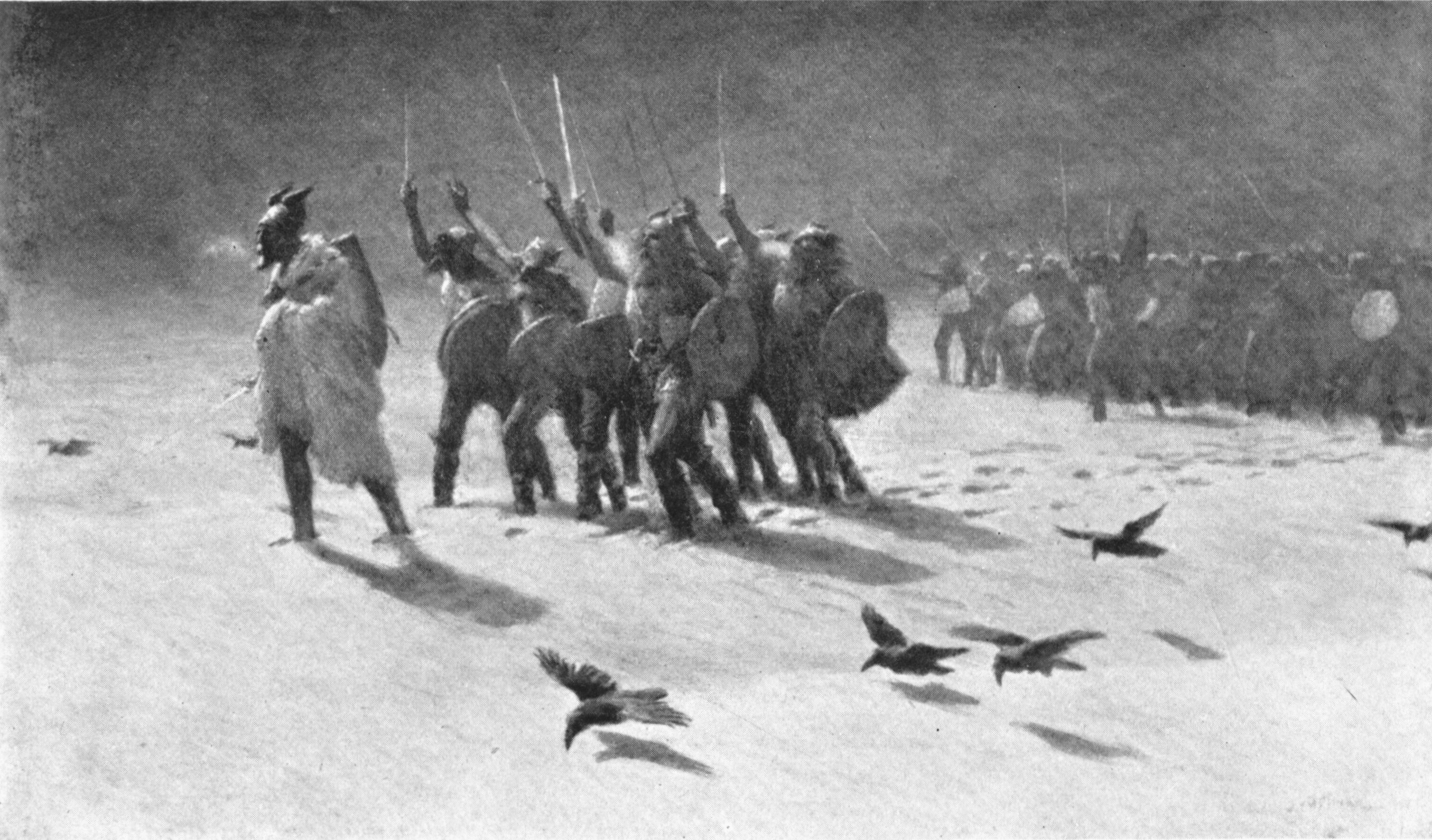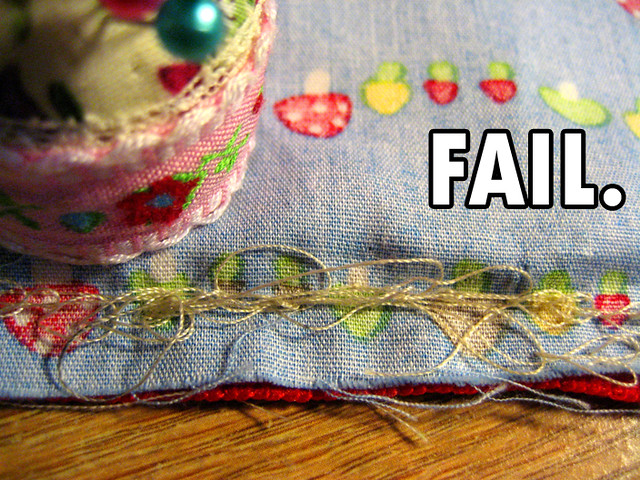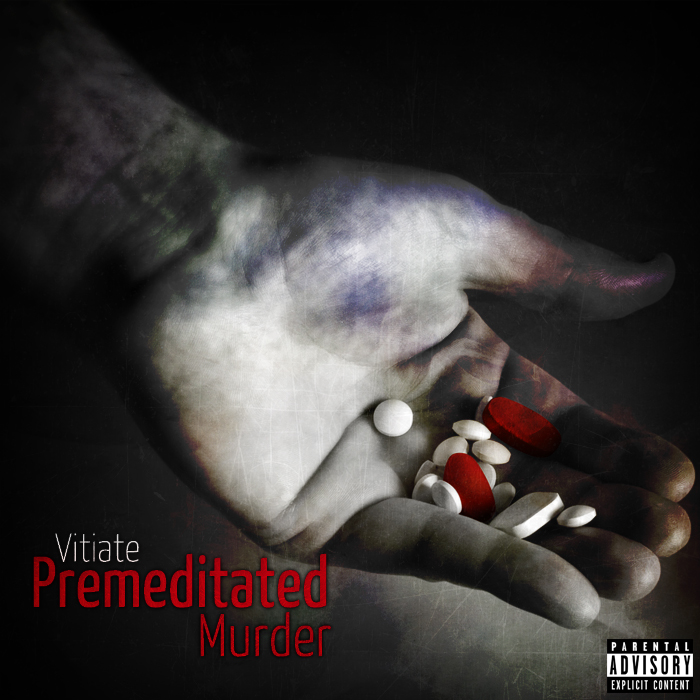GENERAL
1.
Briefly summarize the plot of the novel you
read, and explain how the narrative fulfills the author's purpose (based on
your well-informed interpretation of same).
Susie Salmon is the main character
and also the narrator of this novel. She was raped and murdered on December 6,
1973 by her neighbor. And the story moves on to the afterlife of Susie and she
can see the world
from the heaven. Officers and Susie’s family try to figure out the crime of her
death. The case was going in the wrong direction and Susie was very frustrated
seeing the murderer, Mr. Harvey, living calmly life. Susie’s father, Len
Fenerman, does not feel satisfy with his investigation, he starts his own investigation of Susie’s murder. This
investigation leads Jack to suspect George Harvey. However, police cannot
arrest Harvey because there is no evidence linking Harvey to Susie. In heaven,
Susie meets and learns the stories of all of his victims. She sees Harvey hide
her body, lie to her father and the police, and run from the crimes he has
committed. Susie wants to help the living apprehend her killer, but can only
watch as the police and her family try to gather evidence and find her
murderer. During this investigation, Susie’s family faces troubles. Her mother
wants to end the investigation while her father wants to catch the murderer.
Susie feels crush seeing her family being like that. However, when Susie’s
father gets sent to hospital for heart attack, her family unites again.
Meanwhile, Mr. Harvey dies by falling into a ravine.
He was never caught. However, Susie is satisfied with her life now in heaven
since her family got happy again.
2.
Succinctly describe the theme of the novel.
Avoid cliches.
The theme of the novel would importance of
family. After the death of Susie, her family worked very hard to find the
murderer. Because of that, her family faces many troubles. Watching from the
heaven, Susie learns the importance of family. Even though the murderer never
gets caught (instead he dies), Susie did not care since her family finally get
united again in the end.
3.
Describe the author's tone. Include a minimum of
three excerpts that illustrate your point(s).
The author’s tone of this novel is gloomy
and vengeful.
“My name was Salmon, like the fish; first name,
Susie. I was fourteen when I was murdered on December 6, 1973.” This is the
very first line of the novel. This helps out the reader to understand how the
mood of the story will be.
“I knew he was going to kill me. I did not
realize then that I was an animal already dying.”
“I could not have what I wanted most: Mr.
Harvey dead and me living. Heaven wasn't perfect."
4.
Describe a minimum of ten literary
elements/techniques you observed that strengthened your understanding of the
author's purpose, the text's theme and/or your sense of the tone. For each,
please include textual support to help illustrate the point for your readers.
(Please include edition and page numbers for easy reference.)
Foreshadow: when Susie is walking home and
meets up with Mr. Harvey, several factors present themselves as warnings she
never heeds. Also Susie’s obsession with Ray will prepare us for the love scene at the end of the novel.
Irony: it is ironic when Mr. Harvey uses
his victims’ names to refer to his imaginary wife. Also it’s ironic that
Susie’s charm bracelet is finally found when it’s no longer needed, not even by
her.
Simile: "My parents were
like sleepwalkers saying yes to his questions, nodding their heads to flowers
or speakers" (p.98)
Metaphor:
"Samuel and I saw the tremor. The inside shakeoff of her heart"
(p.122)
Imagery: "We
both listened together to the rain pour down and the thunder clap and smelled
the earth rising to greet us" (Sebold, 211).
Symbolism: “The only sound I made after
that was a weak tinkling of bells.” (p.81)
Susie's jingly cap is a homemade symbol of her mother's love and care.
Point
of View: Susie is the main character of the novel and also the narrator. So the
whole novel is based on Susie’s point of view.
“My
name was Salmon, like the fish; first name, Susie. I was fourteen when I was
murdered on December 6, 1973.” (p.5)
Mood:
The mood that appears in this novel is mostly
gloomy. At times, the mood is also suspenseful as we watch Mr. Harvey stalk his
victims. In the end, however, it is also about happiness and the quiet
satisfaction of the acceptance of life brings.
Setting: The
setting is interesting because it is Heaven and the Earth. Susie is in the
heaven while all of her people are in the Earth.
Conflict: The
conflict would be when Susie gets raped and killed and when her family falls
apart.
CHARACTERIZATION
1.
Describe two examples of direct characterization
and two examples of indirect characterization.
Why does the author use both approaches, and to what end (i.e., what is
your lasting impression of the character as a result)?
Actually none of the characters are direct
characters. Susie is the narrator, so she does not describe herself very well.
And she does not introduce her family to the readers that much. Us, the reader
has to figure out character’s characterizations by how they talk and acts.
2.
Does the author's syntax and/or diction change
when s/he focuses on character?
How? Example(s)?
The author’s syntax and/or diction do not
change when she focuses on character. Susie does not change them when she talks
about her family. She does not get very
detailed when she talk about the characters.
“My father was the one who took the phone
call on December ninth.” (p.20) This was the first time her father appeared but
we never get more description of her dad.
3.
Is the protagonist static or dynamic? Flat or round? Explain.
The protagonist is static and flat character.
From the beginning to the end, Susie remained innocent little girl. While other
characters are changing because of Susie’s death, Susie most likely stayed the
same.
4.
After reading the book did you come away feeling
like you'd met a person or read a character?
Analyze one textual example that illustrates your reaction.
I would love the meet Susie Salmon. I want
to encourage her and tell her that her family is doing fine. She is a poor
little girl who got murdered in horrifying way. And she had to see her family
going through bad times in the heaven.
"Now I am in the place I call this
wide wide Heaven because it includes all my simplest desires but also the most
humble and grand. The word my grandfather uses is comfort.” After going through the worst period of times, Susie finally
can be happy in the heaven with her grandfather.





 Insouciant: marked by
blithe unconcern (adj)
Insouciant: marked by
blithe unconcern (adj)


























